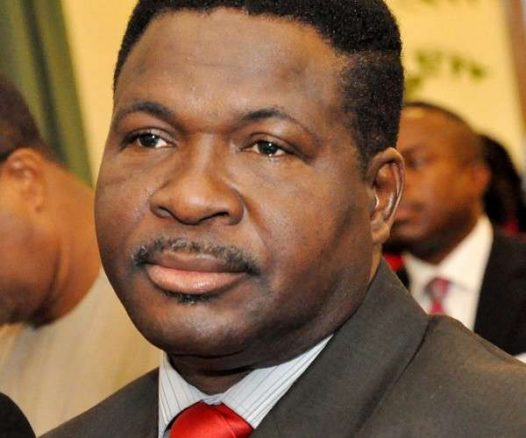Human rights lawyer Mike Ozekhome has called for a fair hearing in the probe of former Kaduna state governor Nasir el-Rufai’s administration.
Gatekeepers News reports that an ad hoc committee established by the Kaduna state house of assembly recommended the investigation into el-Rufai’s tenure from 2015 to 2023.
Allegations against el-Rufai include diversion of public funds and money laundering, with claims that loans obtained during his tenure were used for purposes other than intended.
The Kaduna assembly inaugurated a 13-member committee in April to scrutinize the loans, grants, and project implementation during el-Rufai’s governorship.
Henry Zacharia, the committee chairman, reported that many of the loans acquired and projects executed lacked “due process.” Also, lawmakers have called for the prosecution of certain commissioners and officials who served under el-Rufai.
Reacting, Ozekhome emphasized on a television program that the former Governor deserves a fair hearing.
“… I think that whatever happens, el-Rufai must be given his right to a fair hearing. The assembly has just merely made a recommendation and told the governor to implement it,” he said.
“The governor may look at it and, and feel well, ‘this is not worth the energy at the time. Let’s face other things’.
“Others may say, ‘N423 billion they are accusing him of is not a small amount; let’s dig in.’ So, whatever the outcome would be, don’t forget that El-Rufai also has his own fundamental rights to protect. For example, he may decide to go to court to challenge the indictment itself.
“Maybe you could say he was not given a fair trial. He was never called. I don’t know whether he was called to come and defend himself.
“Was he duly invited? Was he given an opportunity to defend himself? If he was and he chose to stay back, that’s another ball game. So, because I do not have all those duties, it becomes peremptory for me to comment on it.
“You don’t indict a person by proxy. No, you don’t, particularly in a matter that has criminal connotations. You can’t do that by proxy. So, it has to be the person.”







